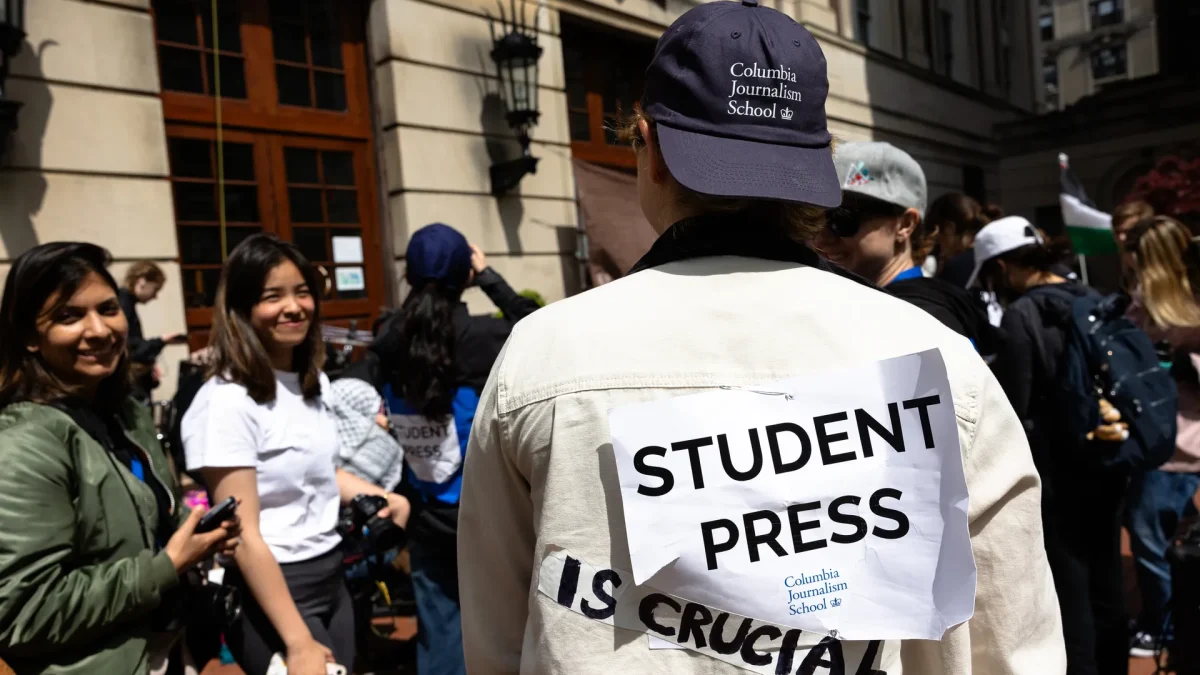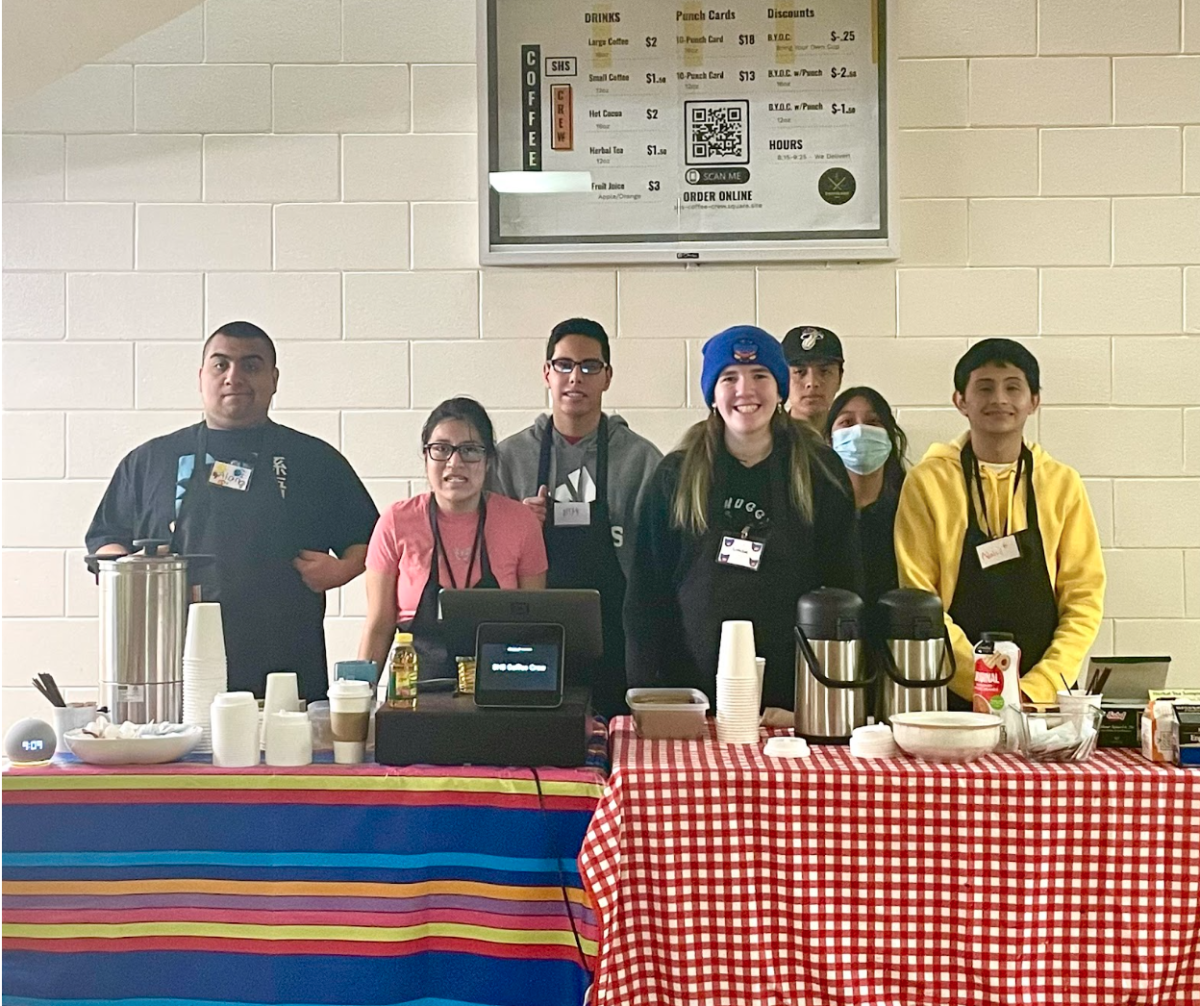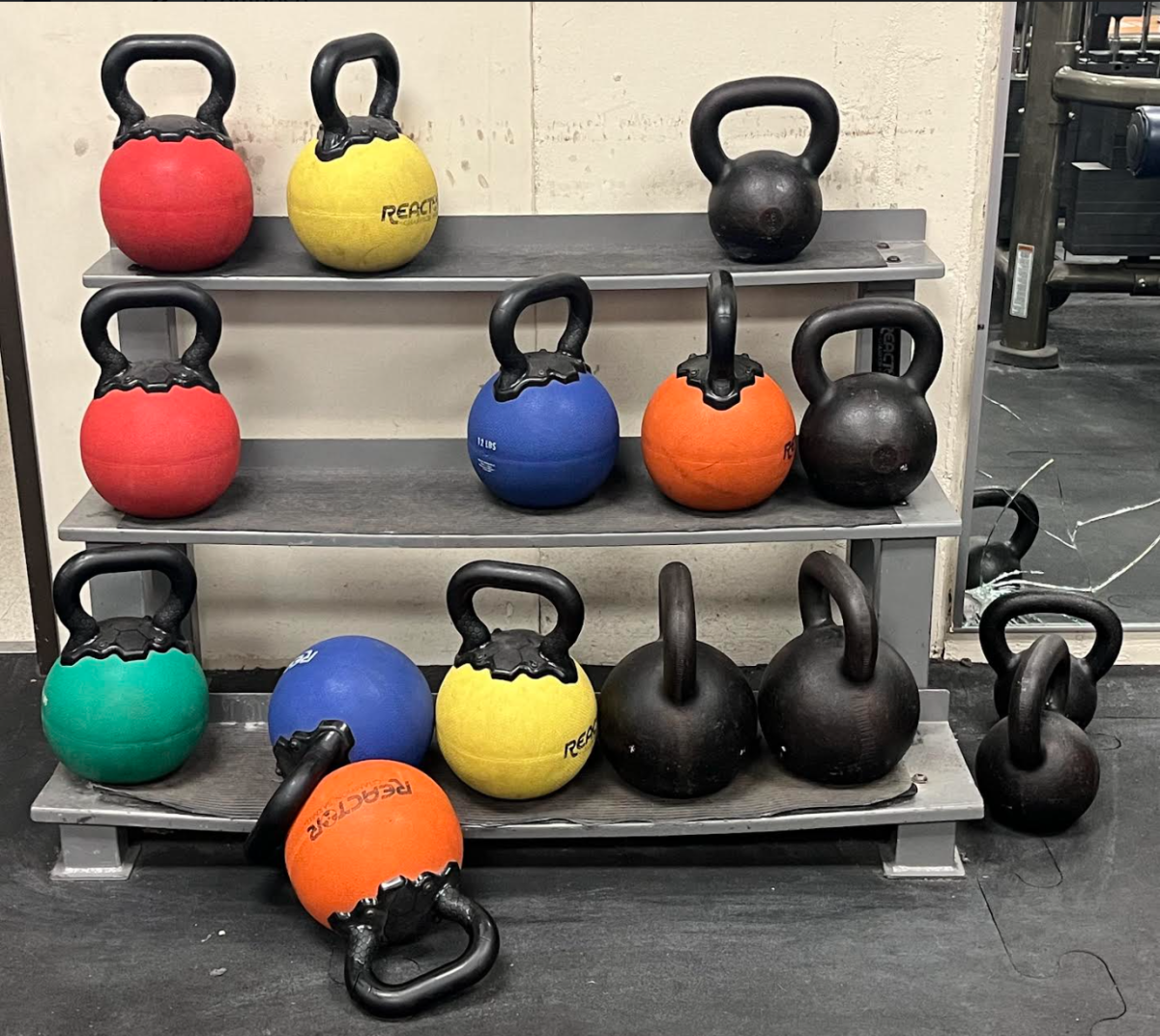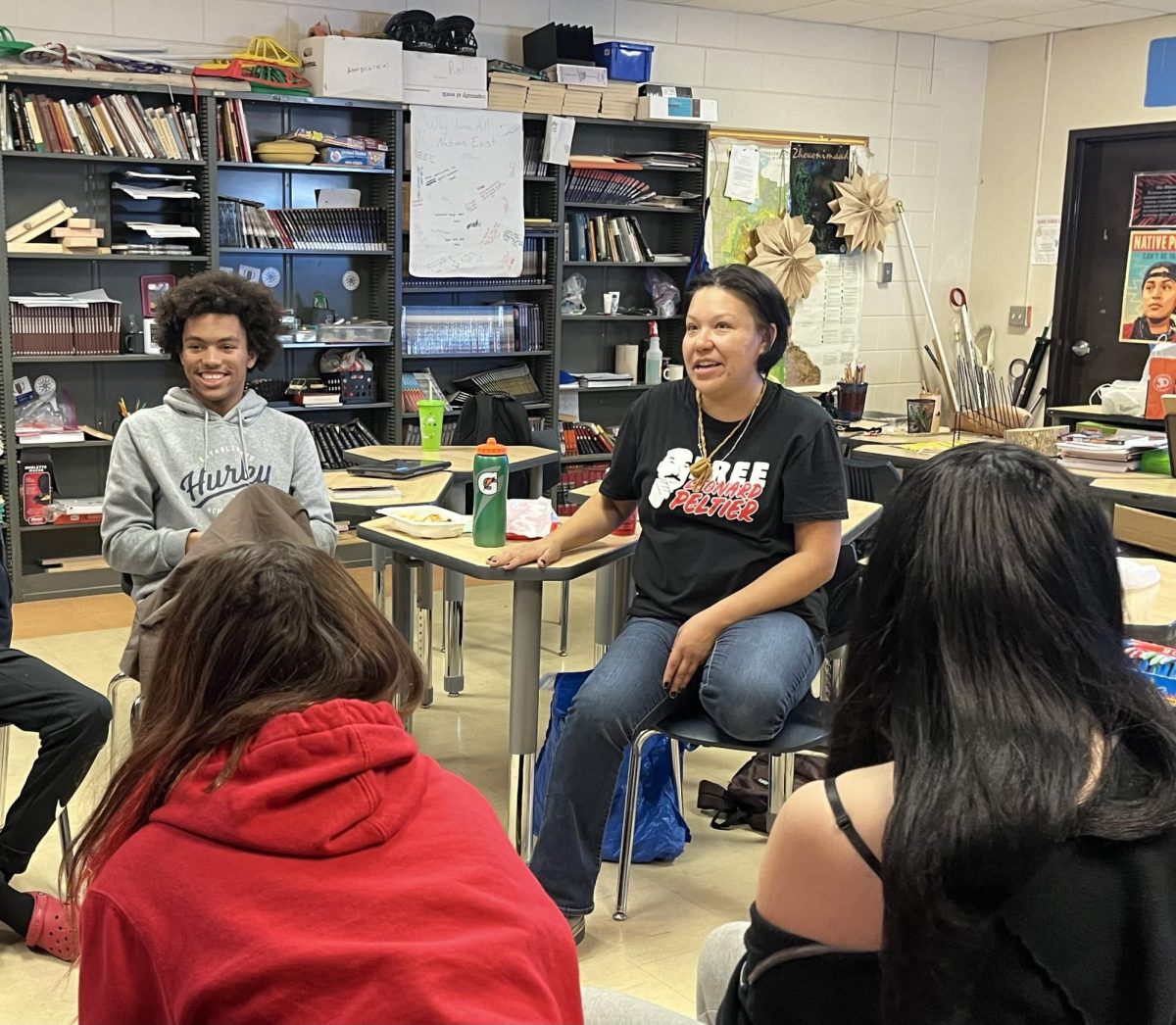Before sitting down to write this article, I played approximately six games of Temple Run, and then checked my Twitter, Facebook, and Instagram. I find myself repeating this cycle constantly, whether I’m at home, school, or even in the car, considering it’s rare that my phone is ever farther than a short reach away. Although I would also consider myself a frequent Netflix user, I never seem to do just that.
With nearly every program I decide to watch, I am simultaneously enjoying the endless amusements of the iPhone, simply because it’s there. Always.
But for one week I gave away all access to cell phones, computers, iPods, and television, to experience life without the constant contact I had grown accustomed to.
The first night I unplugged from technology, I am slightly embarrassed to admit that I experienced symptoms that are often associated with dependency withdrawal.
I returned home that night, closing the door to my room like I always do, but it felt unusual. Uneasy. The silence in the room began to creep around me in a cacophony of anxious thoughts. I knew my friends had left to go out without me, and the idea of not knowing what was happening made me feel lost and alone. I was unreachable.
In my silence I began to think, and over think, about the actions of the outside world. It scared me to realize that this feeling was not so unfamiliar — it reminded of my time before entering high school.
At the time I enjoyed middle school, I got good grades, had friends, but loneliness was not unusual for me. When I was alone, I often felt anxious about why this was the case. It felt as if the entire world was living without me, while I was the disconnect.
I realize now that being one of the few that did not own a cell phone or have a Facebook account may have contributed to the anxiety I found in solitude. By the time I got a smart phone during sophomore year, the anxiety and loneliness was gone.
Here in my room, on my first night of my self-imposed vacation from technology, I felt the old middle school anxiety. Normally before going to bed at night, I would send any last texts, and check all my social media one last time to make sure I hadn’t missed anything that would soon be irrelevant in the morning.
But instead of going to bed with the rest of the world, I went to bed in silence.
In the following days, the absence of my technology left me with more time than I knew what to do with.
While I eat my breakfast before school, I have a tendency to go on my phone and review all the activity that I missed while I was asleep.
I follow this same ritual throughout the day at school, on the bus, when I get home, before homework, during homework, and before bed. Although I never dedicate much more than fifteen minutes at a time to doing this, the empty excess time accumulated quickly.
Although dull at first, I soon found peace in having extra time. I started a knitting project, which was something I had totally stopped once I entered high school, and I began to put more creative effort into my homework assignments. I found a noticeable difference in the quality of my work when it was completed without the accompaniment of Netflix or my phone.
Freed from the frequent distractions that prevent me from completing homework quickly, I was able to be in bed nearly an hour earlier each night.
Without social media I began to realize just how valuable interaction beyond technology was, through the deficiency that existed in face-to-face socialization.
Several times throughout the school day, I found myself in situations in which I was surrounded by people using their phones, sitting in silence, as people to my left and right were consumed with the interactions going on over Twitter or by text.
As an outsider I felt extremely frustrated by this lack of personal communication and soon realized that as a technology user I am guilty of the exact same habit.
Ironically, as technology is used more and more to communicate, it allows people to disengage from one another in certain situations. When a social interaction is deemed awkward, the situation is almost always remedied by someone taking out their phone and disconnecting from the social interaction by engaging themselves in a new form of distant contact.
Surrounded by phone users, I attempted to find interaction outside of tweets and text messages. I once again became familiar with my landline home phone, as I replaced texting with phone conversations.
Although a part of me found appreciation in being tied down to landlines, I hadn’t anticipated the various challenges that would come with the absence of my cell phone.
In the process of filling out the FAFSA, my dad asked me to give him the account information I had previously created, account information which resided on my phone with the rest of my usernames, passwords, and other important material.
Unable to access this information brought to light an aspect of my technology dependency that I had yet to notice, appearing in the form of trust. Not only have I put trust in my phone to store items of importance, I have trusted it to keep me connected to a world that practically requires technology use.
Subconsciously, I even found myself engaging on a deeper level with my parents, which I actually enjoyed. An average evening at my house is the antithesis of the family style traditions I’ve witnessed inside other households.
Although my family is small, we rarely eat meals together. My mom brings her food with her to the computer as she continues writing emails, my dad to the television, while I often eat in my room so I can finish whatever Netflix program I am currently watching.
But without technology, I spent multiple meals at the dinner table discussing topics with complexity deeper than the surface questions I had grown used to.
One night after being picked up from swim practice, my mom asked me if I wanted to go to a dance performance with her, a question which was not unusual.
Typically when she asks such a question on a school night, my answer is nearly predetermined, as I am swayed by the idea of going home to relax by means of technology. But that night, I owed no responsibility to anyone. With no texts to respond to or tweets to read, I felt free. I was able to enjoy a carefree night, participating in an interaction that held meaning to someone.
Once my seven days unplugged had come to an end, I was greeted with twenty-six text messages, thirty Facebook notifications, four new followers on Twitter, and a heavy feeling of guilt.
Within hours of regaining access, I witnessed myself fall right back where I had started. Gaming, texting, tweeting, burdened.
The feeling of peace and freedom I had acquired over the course of the week had already left as I was once again consumed by the influences of technology. Although I would like to use technology less after my experience, it seems that with today’s fast-paced society it is nearly impossible to do so without cutting off completely.
The communication that fills our world is constant, as there will always be another text, another tweet, another post. Another medium to further strengthen the bond between people and the material obsessions with technology.









